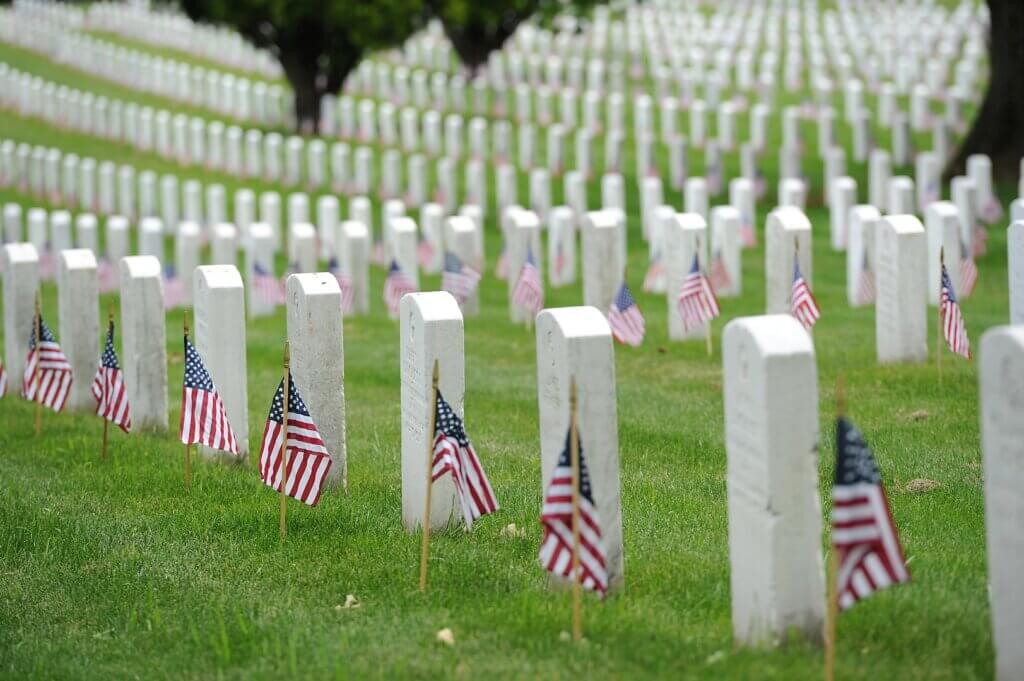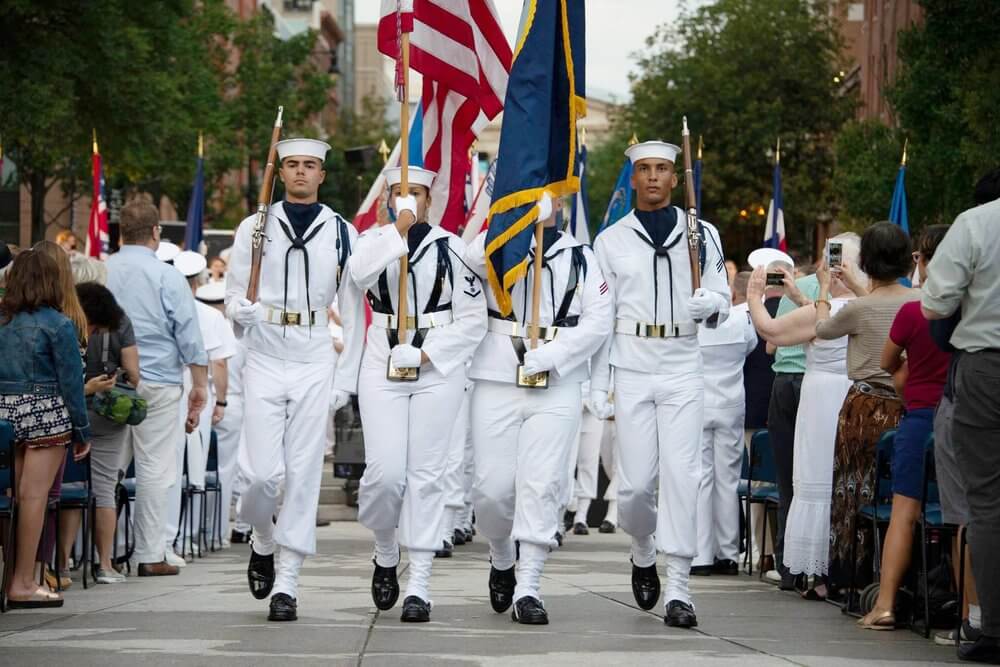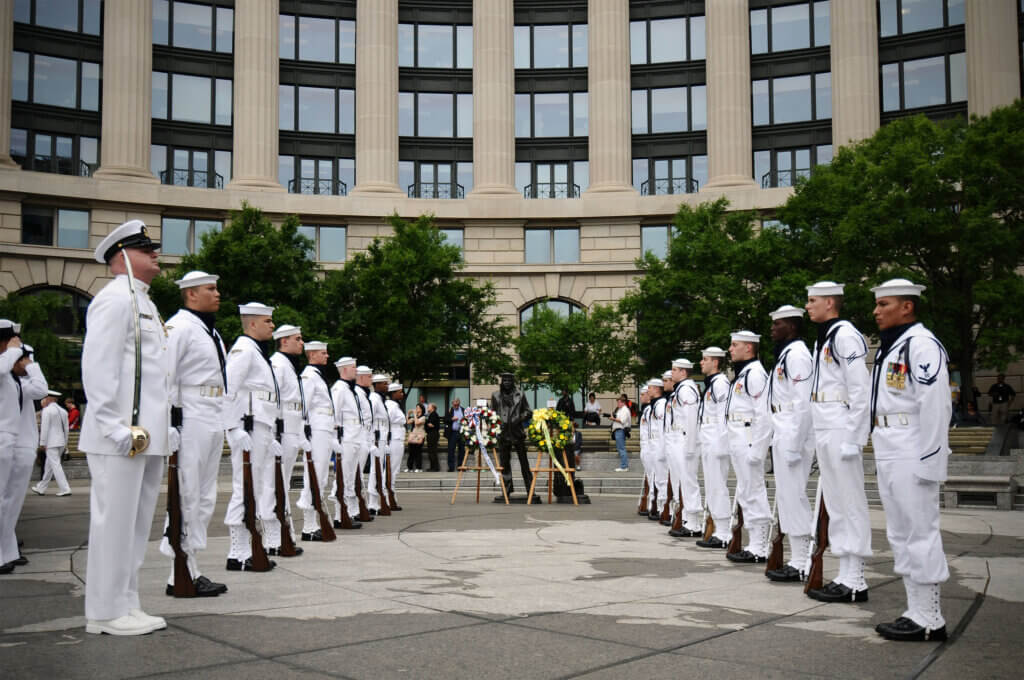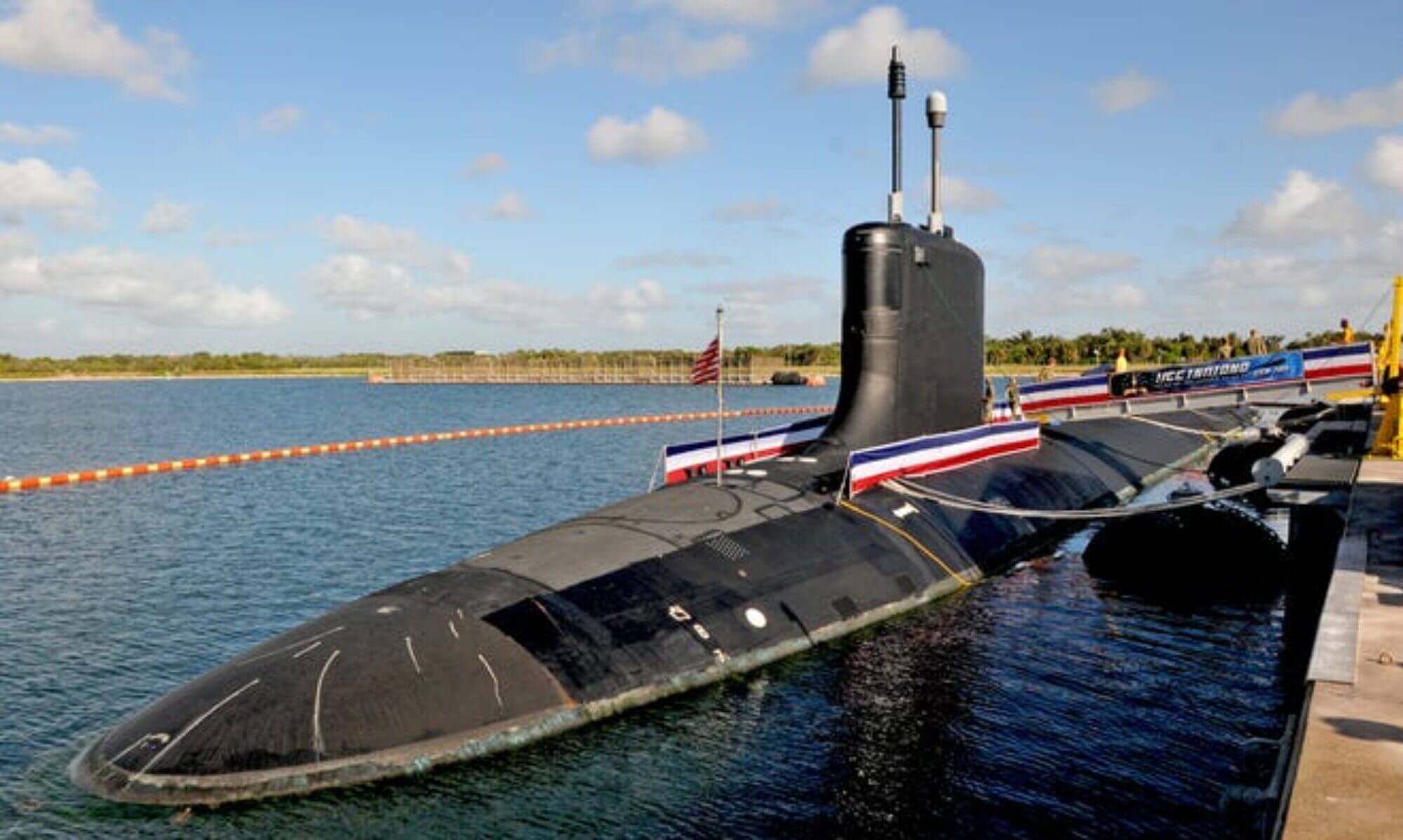The Meaning of Memorial Day
Memorial Day is an American holiday that honors the men and women who died while serving in the U.S. military. It is observed on the last Monday of May, which this year falls on May 29, 2023. But how did this tradition start and what does it mean for Americans today?

The Origins of Memorial Day
Memorial Day has its origins in the aftermath of the Civil War, the deadliest conflict in U.S. history that claimed more than 600,000 lives. In the years following the war, Americans in various towns and cities began holding springtime tributes to the fallen soldiers, decorating their graves with flowers and flags.
One of the earliest and largest commemorations was organized by a group of formerly enslaved people in Charleston, South Carolina, less than a month after the Confederacy surrendered in 1865. They held a parade and a service at a former racecourse where Union prisoners of war had been buried in a mass grave.
In 1868, General John A. Logan, the leader of an organization for Northern Civil War veterans, called for a nationwide day of remembrance on May 30. He named it Decoration Day, and urged Americans to “strew with flowers or otherwise decorate the graves of comrades who died in defense of their country.”
Decoration Day gradually became known as Memorial Day, and was extended to honor all U.S. military personnel who died in any war. In 1971, Congress declared it a federal holiday and moved it to the last Monday of May, creating a three-day weekend for many Americans.

The Traditions of Memorial Day
Today, Memorial Day is marked by ceremonies at cemeteries and memorials across the country, as well as by parades and family gatherings. Many people visit the graves of their loved ones or veterans they know, and place flowers or flags on them. Some also wear poppies, a symbol of remembrance inspired by a World War I poem.
Memorial Day is also seen as the unofficial start of summer, a time for picnics, barbecues and outdoor activities. However, some people criticize this aspect of the holiday as disrespectful to the true meaning of honoring the war dead.

The Purpose of Memorial Day
Memorial Day is not only about remembering the past, but also about honoring the present. It is a day to express gratitude to those who have sacrificed their lives for the nation’s freedom and security. It is also a day to reflect on the values and ideals that they fought for, and to renew our commitment to uphold them.
As Americans for a Stronger Navy, we also honor the legacy of those who served in the U.S. Navy by advocating for increasing the size and capabilities of the U.S. naval fleet to ensure national security and global stability. You can learn more about our mission and vision at StrongerNavy.org.
We believe that “a strong Navy deters aggression from our adversaries; protects our allies; secures our trade routes; supports humanitarian missions; responds to natural disasters; and preserves our way of life.”
We also believe that “a weak Navy invites challenges from our enemies; endangers our friends; jeopardizes our economy; limits our global reach; reduces our influence; and undermines our values.”
We support policies that would increase funding for naval shipbuilding and maintenance; modernize naval weapons and systems; expand naval training and readiness; enhance naval innovation and research; and strengthen naval partnerships and alliances.
By doing so, we hope to honor the sacrifices of those who have served in the U.S. Navy in the past, present and future.
As President Abraham Lincoln said in his Gettysburg Address, “It is for us the living … to be dedicated here to the unfinished work which they who fought here have thus far so nobly advanced … that we here highly resolve that these dead shall not have died in vain.”

